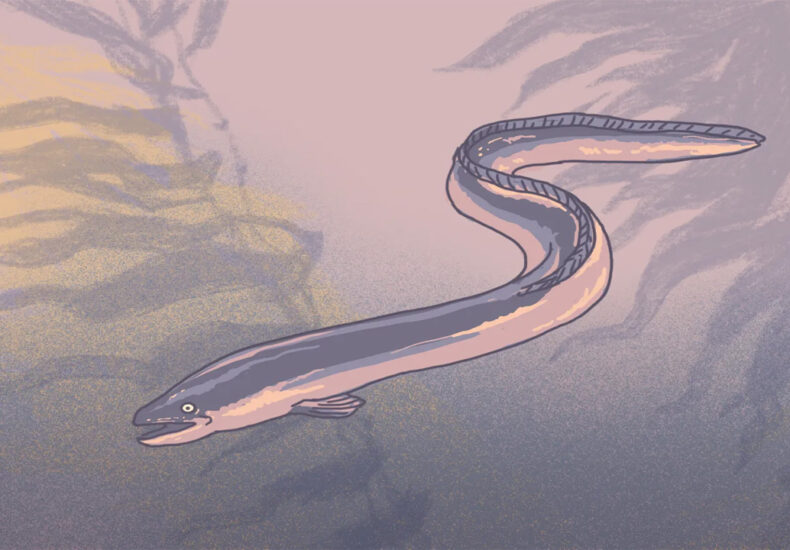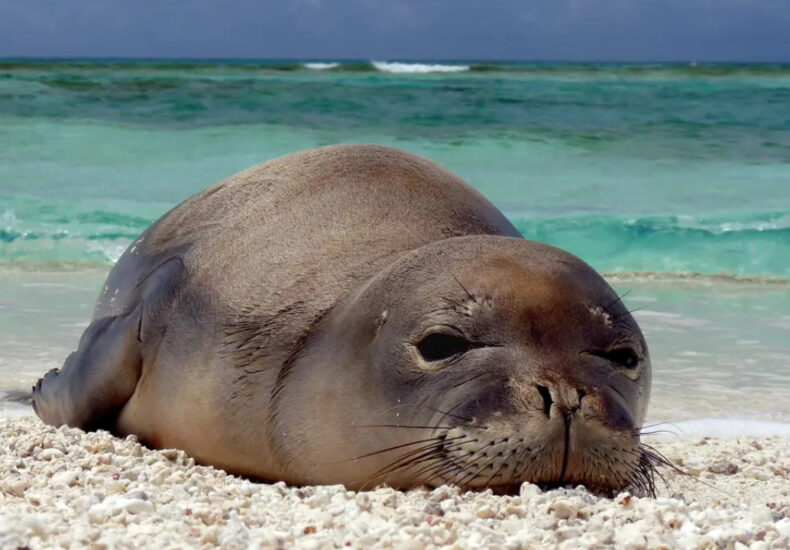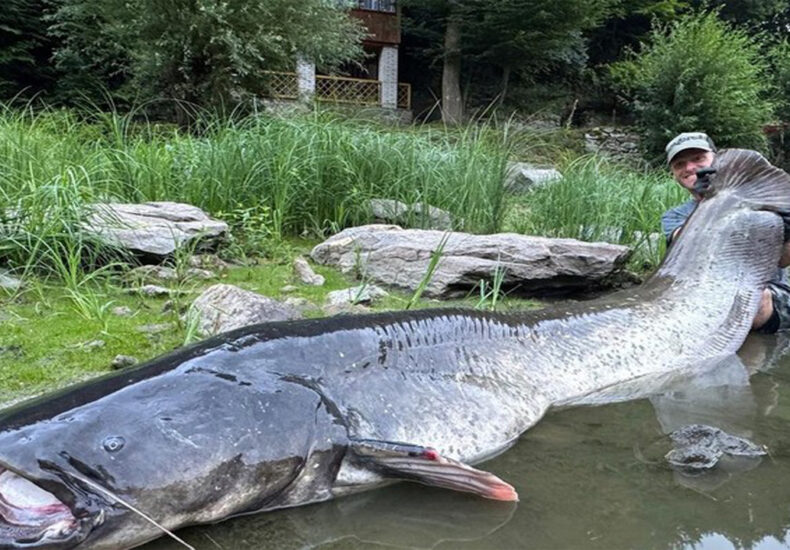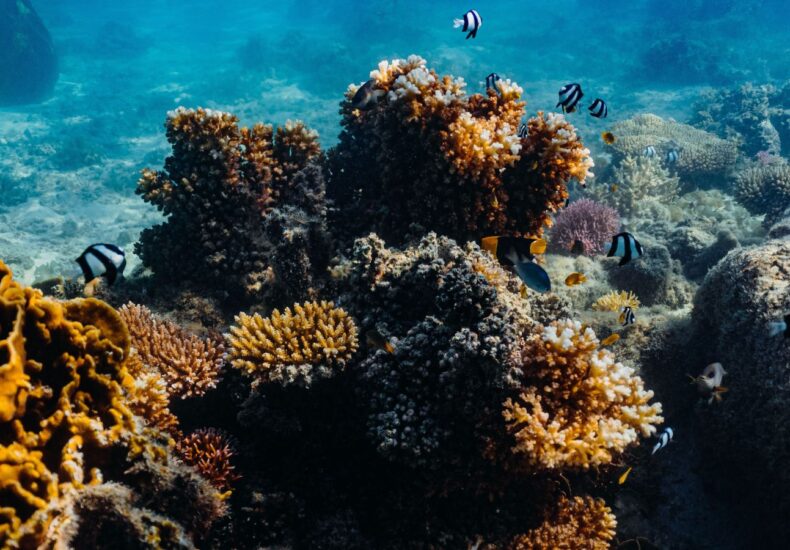
Vatican City: 11 Little-Known Mysteries of the World’s Smallest State
Fundacion Rapala – Nestled entirely within Rome, Vatican City may be tiny—but its mysteries are anything but small. Here are 11 lesser-known facts that shed light on this enigmatic enclave, blending faith, history, and a touch of the extraordinary. 1. A Unique Sovereign Enclave Vatican City stands out as the only country completely surrounded by

Are Eels Snakes or Fish? Here’s the Scientific Answer
Fundacion Rapala – Eels often confuse people because of their snake-like bodies. At first glance, many wonder: are eels part of the snake family, or are they fish? The scientific answer is clear—eels are fish, not reptiles. Habitat: Where Do Eels Live? Although eels look similar to snakes, their habitat sets them apart. Eells spend

Unique Facts About Seals That Can Sleep While Diving
Fundacion Rapala – Seals are among the most fascinating marine mammals due to their unique ability to sleep while diving. This rare behavior has amazed scientists for decades, proving how highly adaptable seals are in their natural environment. Unlike humans, seals have evolved to balance rest with survival needs in the ocean. Their bodies are

Man Wins Epic Battle Against Giant Catfish the Size of a Cow
Fundacion Rapala – A fisherman in the Czech Republic has broken his own record after catching a giant catfish measuring 2.68 meters (8.8 feet)—almost the size of a cow. A Morning That Turned Into a Fight Jakub Vágner, 43, spotted the massive fish early in the morning at Vranov Reservoir, about 200 km south of Prague.

The Sad Fate of the Handfish
Fundacion Rapala – This unusual fish, known for its striking bright red “hands,” goes by the name red handfish. However, behind its charming and quirky appearance hides a heartbreaking reality — the species is teetering on the brink of extinction. Its wild population keeps shrinking year after year. At one point, scientists counted around 100 individuals.

Giant but Boneless: Whale Sharks Have No Hard Bones Like Humans
Fundacion Rapala – With a length that can reach up to 18 meters, the whale shark holds the title as the largest living fish in today’s oceans. However, did you know that despite its massive body, the whale shark does not have a single hard bone? Interestingly, this unique fact doesn’t apply only to whale sharks—it’s

Exploring Reef Resilience Through the Science of Coral Adaptation
Fundacion Rapala – Coral reefs are among the most breathtaking and valuable ecosystems on Earth. They harbor a quarter of all marine life and sustain over a billion people by providing food, income, and protection from coastal erosion. But these colorful underwater cities are under siege. Climate change, overfishing, and pollution are pushing them to their

Clownfish Shrinking: Nature’s Response to Marine Heat Stress
Fundacion Rapala – Clownfish, famously known for their bright colors and symbiotic relationship with sea anemones, are facing a new threat due to climate change. Rising ocean temperatures are causing significant stress to marine ecosystems. One alarming phenomenon is the shrinking size of clownfish observed in several habitats. Scientists have linked this shrinking directly to

Seaweed-Based Mineral Extraction Offers Sustainable Path
Fundacion Rapala – Seaweed is no longer just a culinary delicacy or source of dietary fiber. It is now entering the field of critical mineral extraction. Scientists have turned to marine biomass as a sustainable alternative for resource recovery. With increasing global demand for rare earths and metals, alternatives are crucial. Traditional mining often leads

How Sea Turtles Recovery Programs Are Helping Preserve Marine Life
Fundacion Rapala – Sea turtles have long been iconic symbols of marine biodiversity. However, many species are now critically endangered due to habitat loss, pollution, and illegal poaching activities. Therefore, recovery programs have become a vital lifeline for them. These initiatives aim to restore turtle populations globally while offering hope not only for turtles but